Adam Baruth, a senior aerospace engineering student at the University of Kansas (KU), is making waves in the Drone Industry with his groundbreaking research for the Federal Aviation Administration (FAA). His work on Guidance, Navigation and Control (GNC) systems for unmanned aerial vehicles (UAVs) is set to influence future drone regulations, according to a report from the University Daily Kansan.
From Pilot Dreams to Drone Innovation
Baruth’s journey into aerospace engineering began with a childhood dream of becoming a pilot. When poor vision derailed those plans, he pivoted to aerospace engineering, finding his niche in the complex world of GNC systems for drones.
“It’s been probably the best learning experience I have had at KU,” Baruth said of his involvement in the FAA project. “It puts everything you learn in classes and personal experience to the test.”
Shaping the Future of Drone Regulation
In March 2024, Baruth began his GNC research at KU’s Flight Research Lab (FRL). His work focuses on developing navigation and control systems for self-piloted drones, a crucial aspect of integrating UAVs into national airspace.
The research conducted by Baruth and his team has already yielded significant results. They’ve determined specific distances that UAVs and manned aircraft should maintain in the air, presenting their findings to the FAA during the summer of 2024.
Beyond Campus: National Recognition
Baruth’s contributions to Drone Technology extend beyond his work with the FAA. He and two classmates have had a research paper on modeling software and small UAVs accepted for presentation at the 2025 American Institute of Aeronautics and Astronautics SciTech Conference.
“As an undergraduate, I’m particularly excited just because I’ll get to experience broad research and seeing professionals… people who know way more than me. I’ll get to experience that so early on, which is why I’m really excited,” Baruth shared.
The Importance of Drone Regulation
Baruth emphasizes the need for fair and comprehensive drone regulations.
“Eventually there’s going to be some sort of regulation on what you can and can’t do depending on where you are,” he explained. “As things become more widely available and used, you want to make sure that…everybody not only has the same level of access… but that also everybody can operate with the same level of confidence.”
DroneXL’s Take
Baruth’s research aligns with the growing importance of drone technology in various sectors. As we’ve seen in recent FAA-related news on DroneXL, the integration of drones into national airspace is a complex but necessary process. Baruth’s work on GNC systems could be crucial in developing safe and efficient drone operations, potentially influencing future FAA regulations on drone usage in commercial and recreational settings. His research exemplifies the innovative spirit driving the drone industry forward, and we’re excited to see how it shapes the future of aviation.
What are your thoughts on how student research like Baruth’s could impact drone regulations? Share your opinions in the comments below.
Photo courtesy of Baya Burgess / The Kansan
Discover more from DroneXL.co
Subscribe to get the latest posts sent to your email.
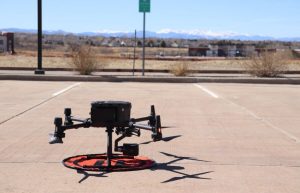

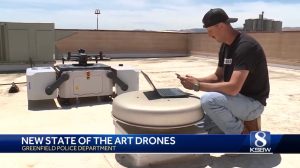

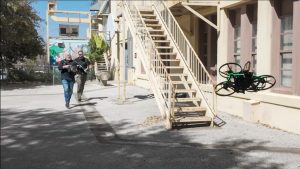


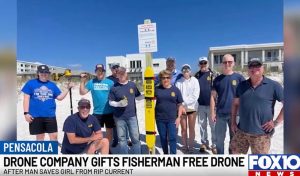
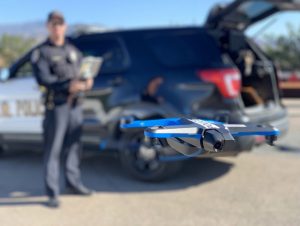
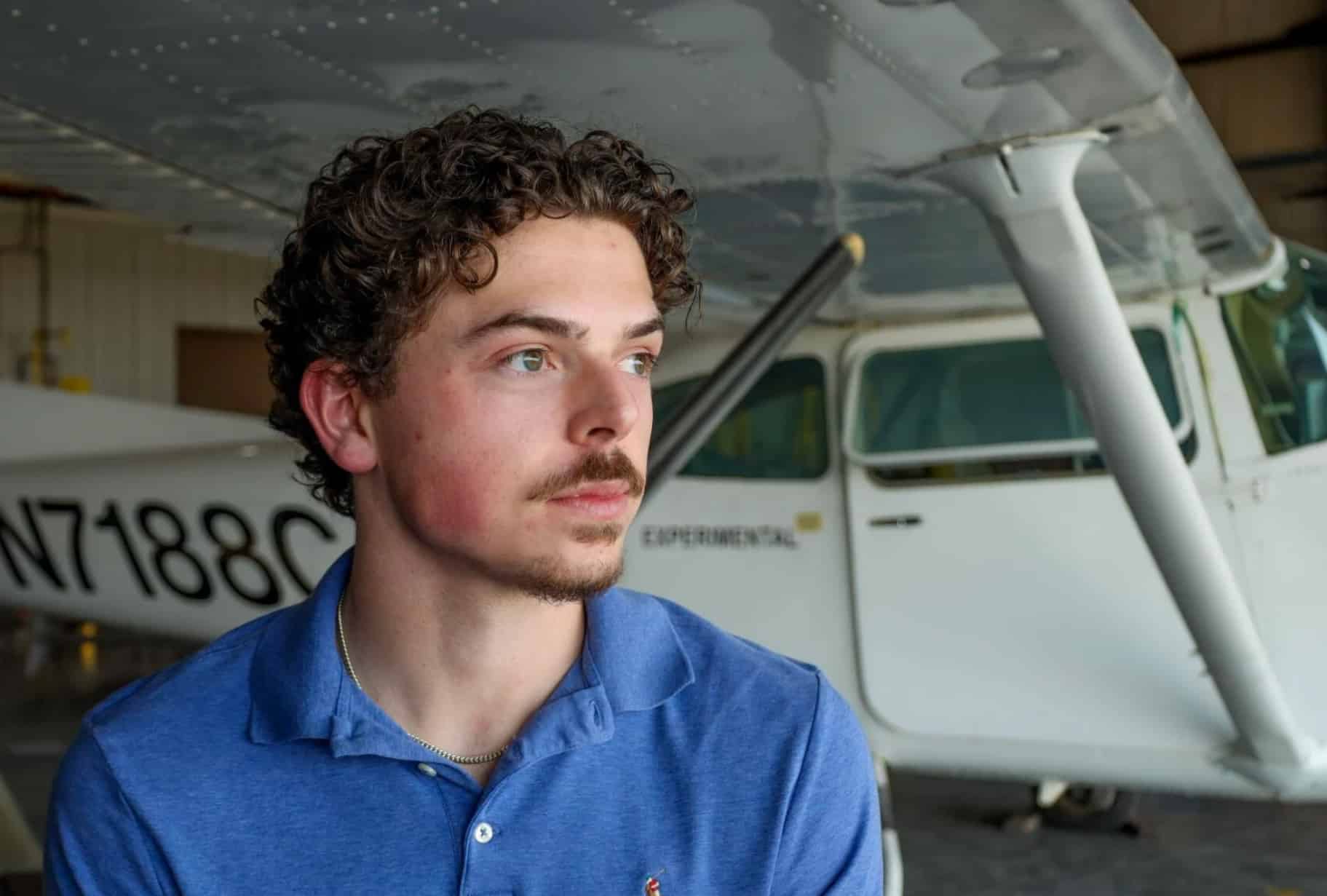
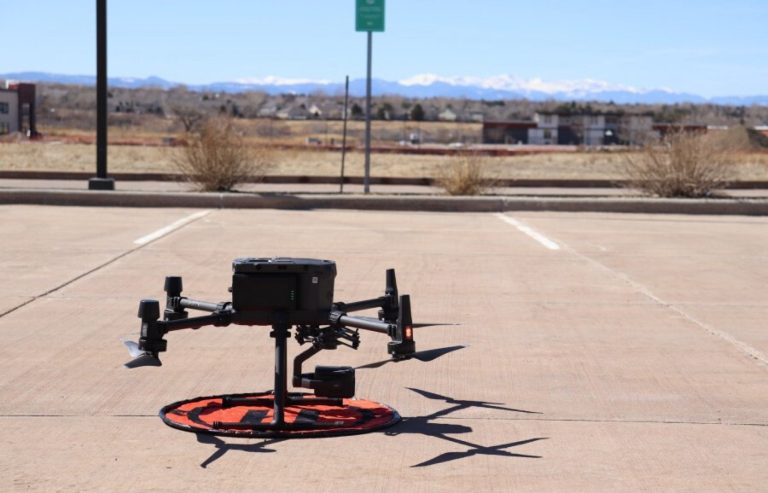
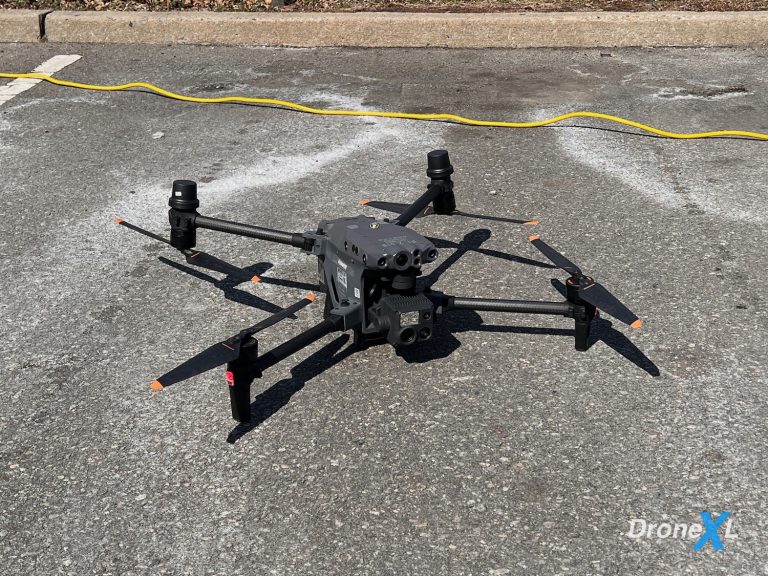
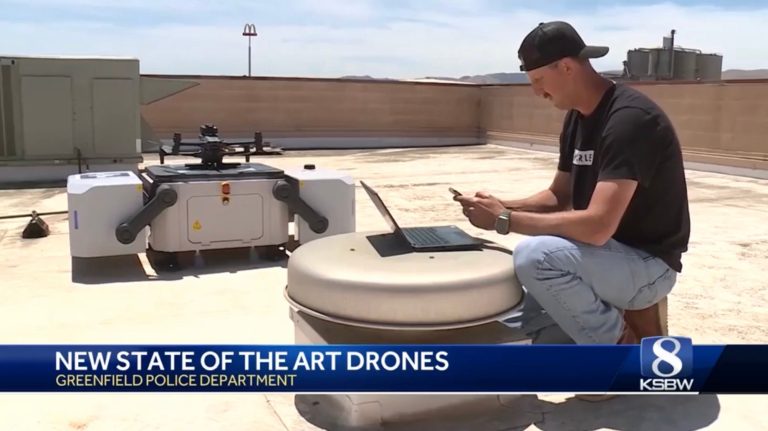

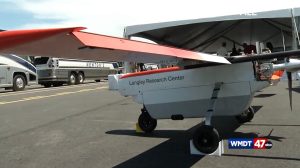

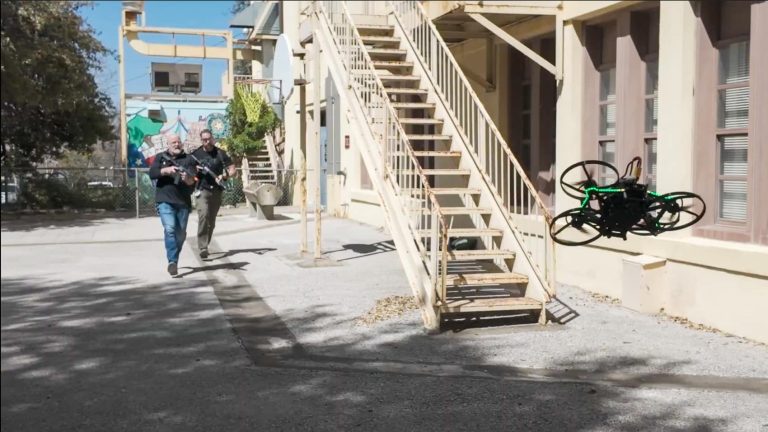

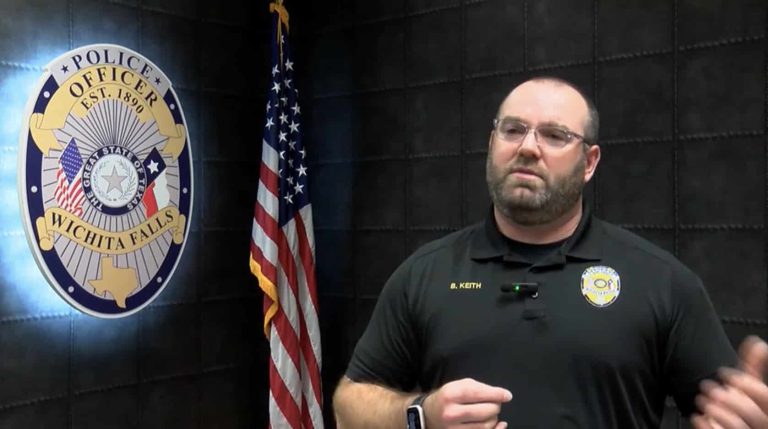
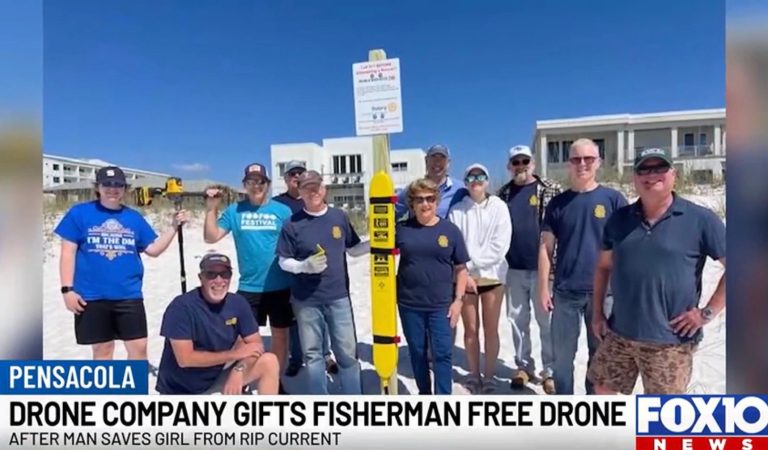
+ There are no comments
Add yours